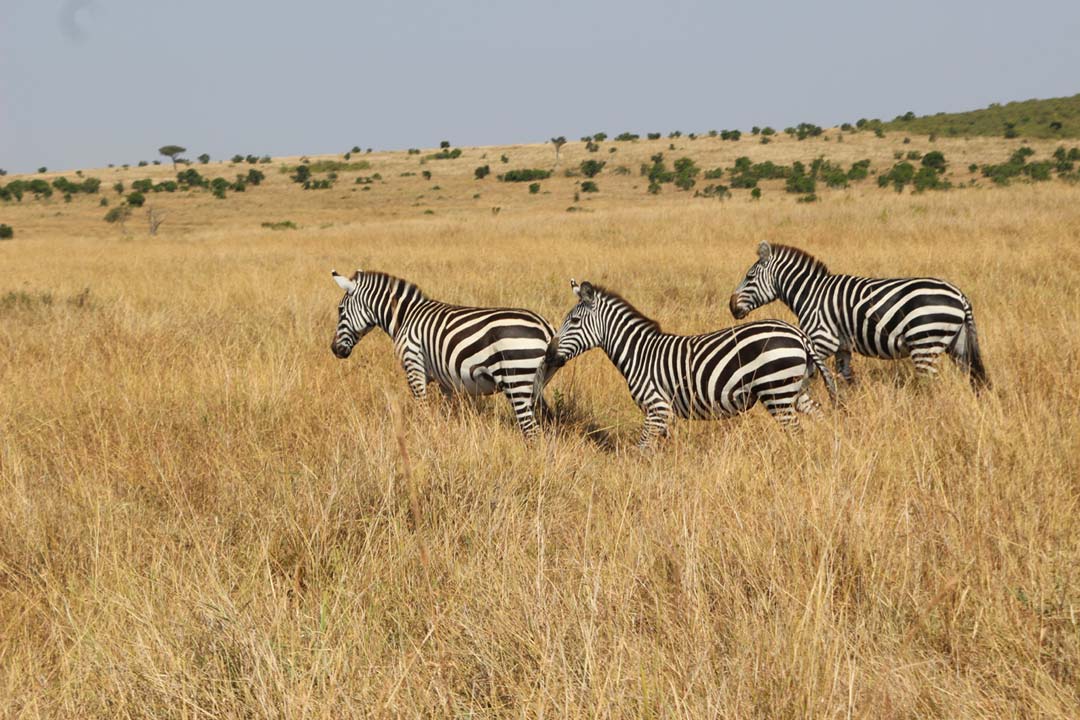Game hunting is more than a pursuit—it’s a tradition that connects us to nature and challenges our skills in ways few activities can. At its core, game hunting involves tracking and harvesting wildlife, often in carefully managed environments, to promote conservation and sustainable use of natural resources. For many, it’s a way to experience the outdoors while respecting the delicate balance of ecosystems.
When it comes to African hunting safaris, the experience takes on a whole new dimension. The continent’s vast landscapes and iconic species, like the Big Five, offer hunters an unparalleled opportunity to immerse themselves in the wild. Whether you’re a seasoned hunter or new to the field, game hunting in Africa combines adventure, preparation, and respect for nature in a way that’s truly unforgettable.
[DYNAMIC-BLOGTABLEOFCONTENT]
Key Takeaways
- Game hunting involves tracking and harvesting wildlife, emphasizing sustainable practices and conservation to maintain ecological balance.
- Historically rooted in survival and cultural traditions, modern game hunting now focuses on ethical practices, regulated activities, and community support.
- African hunting safaris provide opportunities to experience diverse ecosystems and iconic species like the “Big Five,” blending adventure with responsible wildlife management.
- Different types of game hunting, including big game, small game, and bird hunting, cater to varying skill levels while contributing to population control and ecosystem stability.
- Ethical game hunting integrates conservation efforts, humane practices, and adherence to strict legal regulations to protect wildlife and promote habitat preservation.
What Is Game Hunting?
Game hunting involves tracking and harvesting wildlife, focusing on a variety of game species. It emphasizes sustainable practices in managed environments to preserve animal populations for future generations. Hunters engage in carefully regulated activities, contributing to conservation efforts while honing their tracking, shooting, and outdoor skills.
Historically, game hunting has served practical and cultural purposes, from providing food to establishing traditions. Today, it also offers unique recreational experiences. African hunting safaris, for instance, represent one of the most sought-after forms of game hunting. These adventures allow hunters to explore diverse ecosystems and target remarkable species, from plains game to Africa big game hunts featuring the Big Five—lion, leopard, rhino, elephant, and buffalo.
Modern game hunting relies on regulations to maintain ecological balance and prevent overhunting. Governments and conservation entities establish hunting seasons, quotas, and zones, ensuring sustainable population control. Alongside conservation efforts, this activity supports local communities economically, as hunters often rely on guides, trackers, and outfitters for safe and successful trips.
For many, game hunting is more than sport—it’s a way to connect deeply with the wild. African hunts, in particular, offer an immersive experience where preparation, respect for nature, and responsible hunting intersect.
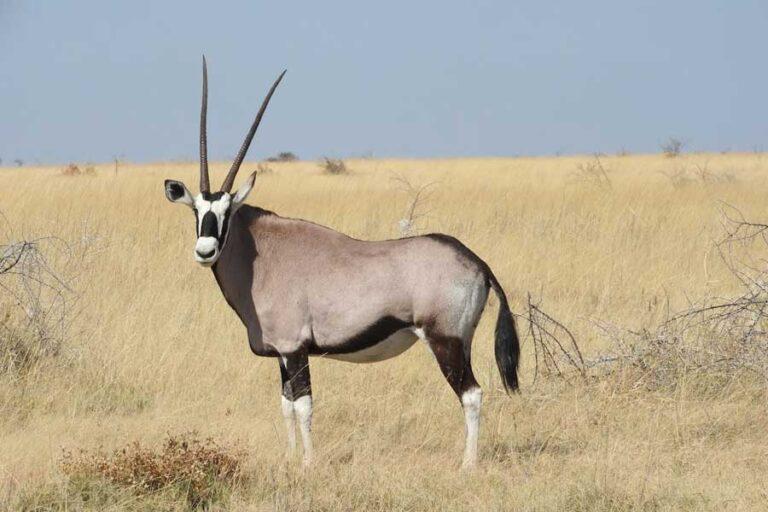
History Of Game Hunting
Game hunting has a rich history, rooted in survival, culture, and tradition. Its development showcases the changing relationship between humans and wildlife over different periods.
Origins And Early Practices
Humans began hunting game as a means of survival during the Paleolithic era. Early practices involved primitive weapons such as spears, bows, and traps, targeting animals like deer, bison, and other regional species essential for food, clothing, and tools. In ancient civilizations, game hunting evolved into a symbol of power and status. For instance, ancient Egyptian pharaohs hunted lions and hippos along the Nile, while Mesopotamian kings organized elaborate hunts for wild animals in enclosed reserves.
In Africa, early game hunting practices were integral for survival. Indigenous communities hunted medium-sized game using traditional tools and techniques. Over time, hunting larger species, like elephants and buffalo, required advancements in skill and equipment.
Evolution Over The Centuries
From the Middle Ages to modern times, game hunting transitioned into a regulated activity. In medieval Europe, hunting was a privilege reserved for aristocrats, with exclusive access to forests holding stag, boar, and pheasants. This period also saw the establishment of hunting laws to preserve wildlife for the elite.
During the 19th century, African game hunting gained popularity among European settlers. African safaris brought attention to Africa’s vast landscapes and rich biodiversity. Iconic “Big Game” species like lions, leopards, and elephants became sought-after trophies, which unfortunately led to periods of overhunting.
In recent decades, the focus in game hunting shifted toward conservation and sustainable management. African hunting safari experiences now emphasize ethical practices and limited hunting quotas. Modern African hunts frequently integrate community support and eco-tourism into hunting packages, helping preserve natural habitats and providing economic benefits to local areas. Today, Africa big game hunts often require partnerships with licensed professionals to ensure adherence to conservation policies.
Types Of Game Hunting
Game hunting offers a wide range of options for hunters, each suited to different skill levels, preferences, and objectives. From pursuing large, iconic species to targeting smaller game or birds, hunting provides a unique way to engage with nature.
Big Game Hunting
Big game hunting involves tracking and harvesting large animals, often requiring significant skill and preparation. Africa big game hunts focus on species such as the “Big Five”: lion, leopard, rhinoceros, elephant, and Cape buffalo. Additionally, crocodiles and hippopotamuses are frequently included for those seeking even more challenging hunts.
These hunts emphasize ethical practices and conservation, often conducted in managed environments under professional guidance to sustain populations. African hunting safaris, particularly when targeting big game, test a hunter’s patience, courage, and expertise. For instance, stalking a rhinoceros requires knowledge of animal behavior and precise planning, as these animals are protected under strict regulations to ensure their preservation.
Small Game Hunting
Small game hunting targets animals of lesser size but remains equally rewarding for hunters. Species such as hares, porcupines, and smaller antelopes are common across many hunting locations, including Africa. Less preparation is needed compared to big game hunting, making it ideal for beginners and seasoned hunters alike.
Small game species often inhabit diverse environments like woodlands or grasslands, adding variety to the hunting experience. This type of hunting also serves a conservation purpose by managing populations of animals that can overwhelm local ecosystems when not controlled. Guided small game hunts provide an excellent introduction to the broader practice of game hunting.
Bird Hunting
Bird hunting focuses on fowl species, including ducks, geese, doves, and guinea fowl. It demands precision and quick reflexes, as birds are often fast-moving targets. In Africa, bird hunting is popular, offering opportunities to explore wetlands, rivers, and savanna landscapes.
Hunting practices for birds are designed to follow seasonal guidelines and avoid disruption of breeding cycles. A properly guided bird hunt combines wildlife management with a dynamic outdoor adventure. For example, dove hunting in African regions provides both a challenge and a connection to the rich natural environment.
Game hunting’s versatility ensures there’s an avenue for everyone, from novice hunters to those seeking the thrill of Africa big game hunts. Each type contributes to the conservation and balance of wildlife while offering a chance to experience nature firsthand.
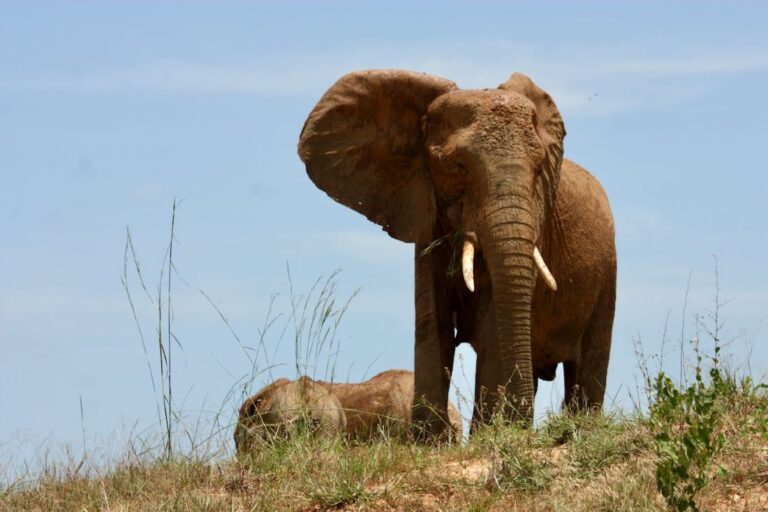
Tools And Techniques In Game Hunting
Game hunting relies on the use of specialized tools and techniques that vary based on the type of game and environment. Hunters apply traditional skills alongside modern equipment to ensure ethical practices and effective results.
Traditional Methods
Traditional methods focus on skills passed down through generations. Tracking involves observing footprints, scat, or broken vegetation to locate animals. Hunters still use handmade bows, spears, and trapping techniques in some regions, often relying on these practices during African hunting safaris to engage with cultural heritage. Camouflage clothing or natural concealment plays a significant role in stalking, allowing hunters to blend into the environment. Patience and understanding of animal behavior are key to the success of traditional methods.
Modern Equipment
Modern equipment enhances precision and safety during game hunts. Rifles with advanced optics, such as scopes, allow accurate long-distance targeting, essential in Africa Big Game Hunts where animals like lions or buffalo require ethical and effective hunting. GPS devices help navigate vast or challenging landscapes, often used on African hunts to locate specific zones. Binoculars aid in spotting game over wide open terrains, common in African hunting safari settings. Additionally, motion-sensitive trail cameras monitor wildlife patterns in managed environments, supporting sustainable practices.
For hunters prioritizing eco-conscious practices, suppressors reduce noise pollution, minimizing disturbance to nearby wildlife. Unlike traditional techniques, modern tools often integrate technology to ensure compliance with conservation regulations and hunting package guidelines.
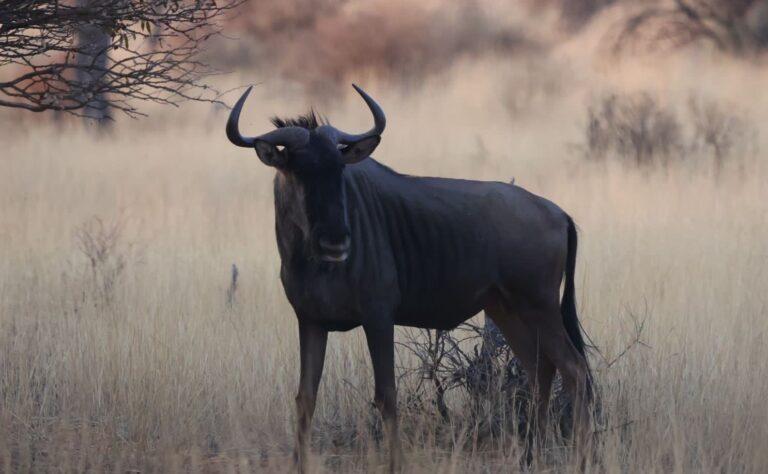
Ethical Considerations In Game Hunting
Game hunting is deeply intertwined with conservation and ethical mandates. We adhere to principles that promote wildlife sustainability, habitat preservation, and humane practices, particularly during African hunting safaris and Africa big game hunts.
Conservation Efforts
Conservation serves as a cornerstone of ethical game hunting. Regulatory frameworks ensure populations remain stable by enforcing quotas and permitting systems. Managed wildlife habitats, often integrated into hunting reserves, provide animals with secure environments. Revenue generated from regulated African hunts contributes to anti-poaching initiatives, habitat restoration projects, and local community development.
Species-specific management further enhances ecosystem balance. For instance, managing populations of overabundant species prevents habitat degradation that might endanger other wildlife. African big game hunts exemplify this focus by prioritizing conservation strategies designed to maintain biodiversity across Africa’s ecosystems.
Debates On Animal Welfare
Animal welfare sparks ongoing discussions in the game hunting community. Ethical practices demand quick, humane harvesting to minimize suffering, with skilled guides ensuring adherence to these standards. Modern equipment, such as precision rifles and eco-aligned suppressors, supports humane outcomes while protecting natural soundscapes.
Critics argue against hunting’s role in animal welfare, but proponents highlight its contributions to conservation and ecosystem stability. We navigate this debate by emphasizing transparency in our practices, promoting ethical hunting education, and supporting policies that align wildlife conservation with humane treatment.
Legal Regulations And Hunting Licenses
Legal compliance ensures ethical game hunting and helps protect global ecosystems. Regulations vary across regions, focusing on conservation, wildlife management, and community support.
Regional Differences
Game hunting laws differ significantly based on geographic locations. For African hunting safaris, strict oversight governs activities to maintain biodiversity. Countries like South Africa and Namibia require both local and international hunters to possess permits and observe quotas. On Africa big game hunts, hunters often work alongside licensed professionals to ensure adherence to seasonal restrictions and designated hunting zones.
In the United States, states impose individual policies, including specific hunting seasons and bag limits. Licenses typically categorize game types, such as big game or small game, and hunters must pass safety courses to qualify. European nations, like Germany or Spain, emphasize sustainability through management programs targeting specific species populations. Illegal hunting, regardless of location, leads to penalties that include hefty fines, license revocations, or prison time.
Protected Species And Restrictions
Protected species regulations are critical for preserving endangered wildlife. African game hunting often focuses on permitted species designated by local conservation authorities. During a licensed African hunt, prohibited actions include targeting endangered species like African wild dogs or specific rhinoceros subspecies without permits. Legal quotas ensure sustainable numbers of harvestable species, reducing ecological disruptions.
Wildlife treaties, such as CITES (Convention on International Trade in Endangered Species), influence worldwide hunting policies. Restrictions extend to species listed under conservation categories or those crucial to ecosystems, like apex predators. Hunters found violating these rules face permanent bans and legal consequences. Adhering to these protections promotes ethical practices and reinforces the role hunting plays in conservation efforts.
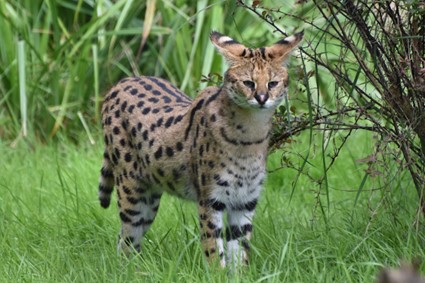
Conclusion
Game hunting is more than a pastime; it’s a dynamic practice that intertwines tradition, conservation, and adventure. By embracing ethical and sustainable methods, hunters contribute to preserving wildlife and supporting local communities. Whether through the thrill of tracking big game or the precision of bird hunting, this pursuit offers a profound connection to nature and its ecosystems. As we continue to balance tradition with modern conservation efforts, game hunting remains a powerful way to respect and protect the natural world for generations to come.
Frequently Asked Questions
What is game hunting?
Game hunting involves tracking and harvesting wildlife, often in managed environments, to develop skills, connect with nature, and support conservation efforts through sustainable practices.
Why is game hunting important for conservation?
Game hunting contributes to conservation by managing animal populations, preventing overpopulation, and generating revenue for anti-poaching efforts and local community development.
What are the types of game hunting available?
The main types are big game hunting (e.g., lions, elephants), small game hunting (e.g., rabbits, squirrels), and bird hunting. Each type caters to different skill levels and conservation goals.
What is the significance of African hunting safaris?
African hunting safaris offer a unique experience by allowing hunters to engage with diverse landscapes and iconic species like the Big Five while supporting conservation and local communities.
What tools and equipment are used in modern game hunting?
Modern game hunting uses advanced tools like rifles, GPS devices, and binoculars, alongside traditional techniques such as tracking and camouflage, ensuring ethical and sustainable practices.
How does game hunting support local economies?
Revenue from guided hunting trips, outfitters, and local partnerships directly benefits rural communities by creating jobs and funding conservation initiatives.
How is ethical game hunting regulated?
Ethical hunting is regulated through hunting licenses, quotas, and restrictions on protected species. Laws and frameworks, such as CITES agreements, ensure wildlife sustainability and humane treatment.
What does small game hunting involve?
Small game hunting focuses on smaller species like rabbits and waterfowl. It’s accessible to beginners and serves conservation by managing local wildlife populations.
Are hunting activities seasonal?
Yes, hunting is typically seasonal to protect animal breeding cycles. Regional regulations define specific hunting seasons and bag limits to ensure ecological balance.
How do hunters prepare for African game hunts?
Preparation involves physical training, obtaining permits, hiring licensed guides, understanding local wildlife behavior, and selecting appropriate gear for the specific environment.
